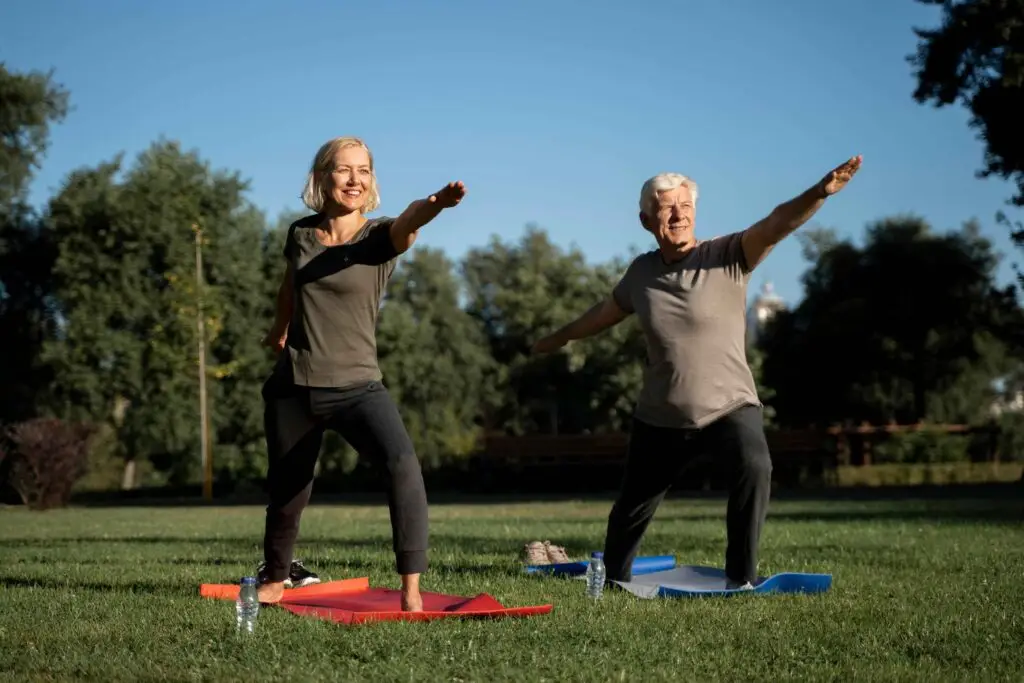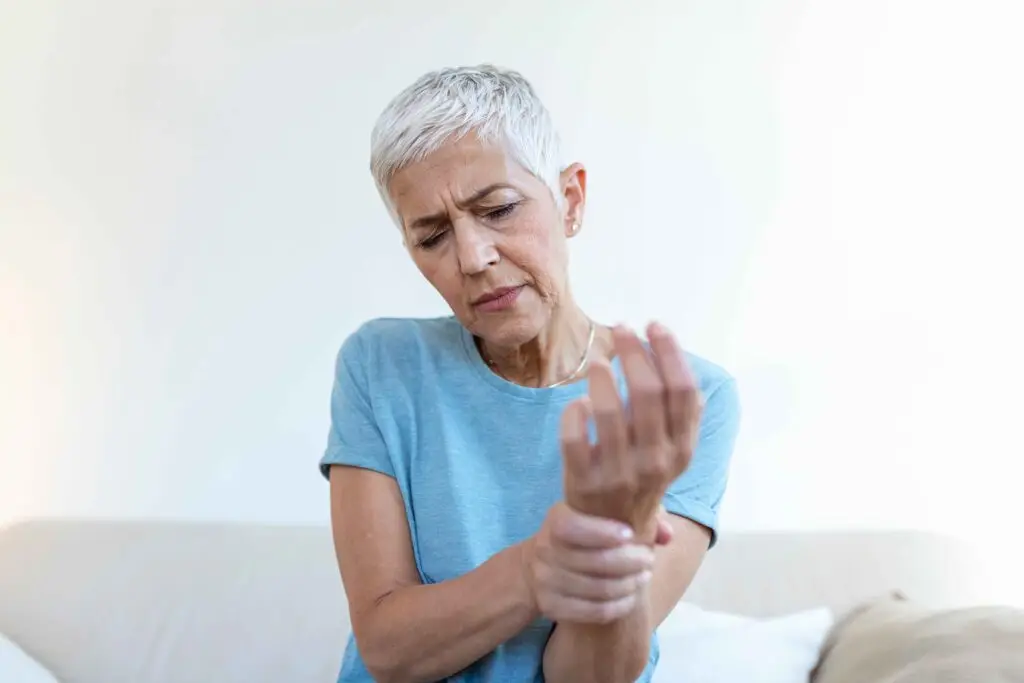Part Two of Our Senior Sleep Series: Go Beyond the Basics and Learn How to Restore Deep, Healthy Rest in Later Life
Sleep isn’t just rest—it’s repair. And after age 60, getting high-quality sleep becomes more critical than ever. Yet for millions of older adults, restful sleep is elusive. From waking up too early to struggling with insomnia, sleep issues are among the most common (and under-discussed) health concerns seniors face.
In this guide, we’ll explore why sleep is so important as we age, how much you really need, what changes after 60, and practical tips to help you sleep better. Whether you’re looking to improve your memory, boost energy, or protect your heart, it all starts with a good night’s rest.
Why Sleep Matters More After 60
As we age, our bodies rely on deep, restorative sleep to manage:
- Immune health
- Cognitive function
- Muscle repair
- Mood regulation
- Heart health
- Metabolism and weight management
Research shows that poor sleep in older adults is associated with higher risks of falls, memory loss, depression, and even chronic illness like diabetes or cardiovascular disease.
In other words: sleep is your body’s natural medicine.
How Much Sleep Do Seniors Really Need?
The National Institute on Aging recommends that adults over 60 get between 7 to 9 hours of sleep per night. However, the quality of that sleep is just as important as the quantity.
It’s common for seniors to experience:
- Lighter sleep stages (less deep sleep)
- More frequent awakenings
- Earlier bedtimes and wake times (shifting circadian rhythm)
While these changes are natural, excessive tiredness during the day is not a normal part of aging.
Common Sleep Challenges in Seniors
Here are some of the most frequent sleep disruptors after 60:
- Frequent nighttime urination (nocturia)
- Sleep apnea or snoring
- Restless leg syndrome
- Chronic pain (e.g., arthritis, back pain)
- Anxiety, depression, or grief
- Medication side effects
Understanding what’s disrupting your sleep is the first step to improving it.
The Mental Benefits of Better Sleep
Sleep doesn’t just rest your body—it refreshes your mind.
A good night’s sleep helps:
- Boost memory and learning
- Improve decision-making
- Reduce confusion or mental fog
- Protect against dementia and cognitive decline
Even one night of poor sleep can reduce attention span and mood stability. Long-term, sleep loss has been linked to an increased risk of Alzheimer’s disease.
Physical Benefits of Better Sleep After 60
When you sleep better, your entire body works better.
Improved sleep can help:
- Lower blood pressure
- Reduce inflammation
- Improve balance and coordination (reducing fall risk)
- Speed up healing and immune response
- Regulate blood sugar and appetite
It’s not just about energy—it’s about prevention.
Practical Sleep Tips for Seniors
Try these science-backed strategies to improve your sleep tonight:
1. Create a Consistent Sleep Schedule
Go to bed and wake up at the same time every day—even weekends. Your body loves rhythm.
2. Limit Daytime Naps
Napping too late or for too long can throw off your sleep drive. Keep naps under 30 minutes before 2 p.m.
3. Create a Sleep-Friendly Bedroom
- Keep it dark, cool, and quiet
- Use blackout curtains or a sleep mask
- Avoid screens and bright lights 1–2 hours before bed
4. Avoid Stimulants in the Evening
Limit caffeine after 2 p.m. and alcohol before bed, which can disrupt deep sleep.
5. Stay Active During the Day
Light physical activity (like walking or stretching) helps regulate your internal clock and tire your body naturally.
6. Mind Your Medications
Some medications (e.g., diuretics, beta-blockers) can cause sleep issues. Talk to your doctor about timing or alternatives.
7. Use Relaxation Techniques
Try deep breathing, meditation, or reading something light before bed. Many seniors also benefit from gentle music or guided sleep stories via mobile apps.
Helpful Tools for Better Senior Sleep
Here are a few tools and options that can help improve sleep quality:
- White noise machines or apps
- Weighted blankets (can reduce anxiety and restlessness)
- Blue light glasses (for screen use before bed)
- Sleep trackers (to monitor patterns and progress)
💡 Looking for recommended sleep products for seniors?
Check our curated sleep tool recommendations.
When to Talk to a Doctor
If you’re experiencing persistent sleep issues like:
- Snoring or breathing pauses during sleep
- Daytime sleepiness despite 7–8 hours of rest
- Chronic insomnia or anxiety about sleep
- Twitching legs or sleepwalking
…it’s time to speak with a healthcare provider or sleep specialist.
You don’t have to accept poor sleep as part of getting older.
Final Thoughts: Rest Is Not a Luxury—It’s a Lifeline
Getting quality sleep after 60 isn’t just about feeling better—it’s about living better. Good sleep boosts brain health, immune function, energy, and your overall quality of life.
The good news? You don’t need fancy gadgets or perfect routines. Just a few mindful changes can lead to big improvements in how you sleep—and how you live.





